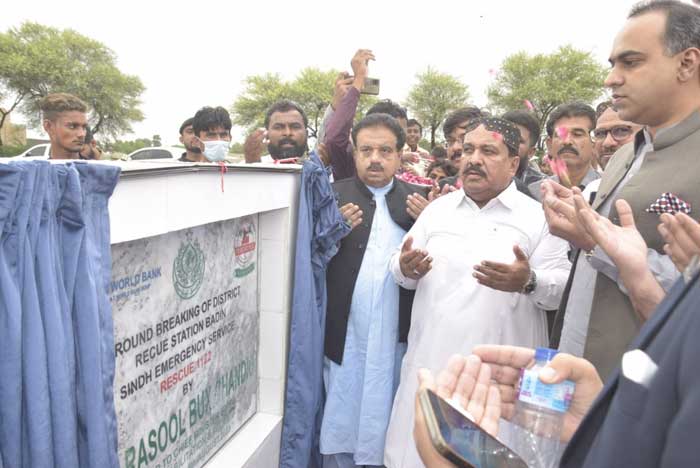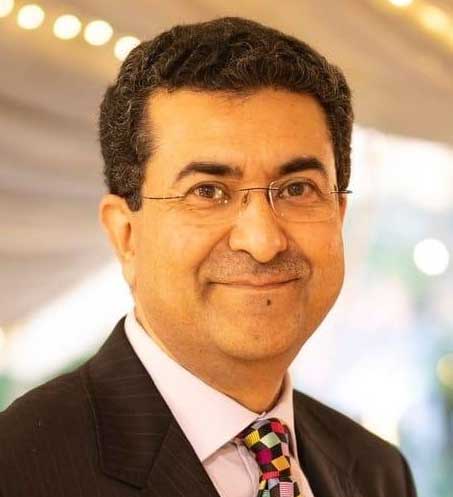Child labour and poverty are inevitably bound together and if you continue to use the labor of children as the treatment for the social disease of poverty, you will have both poverty and child labour to the end of time” – Grace Abbott
One of the worst human rights violations occurs where an innocent child is deprived of his/her childhood comfort and forced to work, often in hazardous and unfavorable conditions. The International Labour Organisation (ILO) defines child labour as any work that deprives the children of their childhood, their potential & dignity and that is harmful to their physical & mental development.
There are three most commonly identified types of child labour. Firstly, the “industrial labour” where underage children are seen working for commercial industries often exposed to hazardous conditions and working beyond their physical potential along with being underpaid for their work. Second most common type of labour involving children is “domestic labour” where underage children are employed to work domestic chores; again, often underpaid and usually abused physically and mentally by their employers. The third type is the “bonded labour”. This is usually seen in the rural areas where children are employed against loans, debts and any other social obligations.
Unfortunately, a poor country like Pakistan has one of the highest children labour statistics in the world. According to an estimate, around 12.5 million children aged between five and fourteen are involved in different forms of labour.
Being an underdeveloped country that is struggling with its economy and stability, there are various factors and reasons enabling child labour in Pakistan. First and the foremost are the economic conditions and unemployment of our nationals that has pushed many households under poverty line; where day to day survival and feeding one’s, family has become a challenge. Lack of education is another factor that has a disastrous chain effect on the generations; where uneducated parents created unplanned families without considering their financial strain. The cycle then continues when these parents prioritize using their children for earnings rather than putting them in the education system or working on their social development. Child labour in an underdeveloped country like Pakistan is readily available as it comes with cheap remuneration. Though, we do have laws to protect and prevent the children from these heinous circumstances, the implementation of these laws is the real challenge due to social & cultural norms, corruption at all levels and lack of interest in enforcing these laws.
In addition to being one of the worst human rights violations, there are multiple other consequences of exposing underage children to labour. When children are not given an opportunity to learn and to choose being a part of an education system, they are actually forced to give up their right and freedom to choose. Working in hazardous conditions, they are often exposed to extreme toxic environments which leads to physical and even, at times, sexual abuse along with lifelong mental trauma that affects their social growth.
Child labour is a significant and concerning issue in Pakistan with millions of children subjected to abuse, working under hazardous conditions and exploitation. While majority of the cases against child abuse and unlawful labour go unreported in our country, cases like those of Tayyaba and Rizwana remind us of the harsh reality and disparity of our social system. While there are prevailing laws and efforts are also being made to combat child labour, still much remains to be done to create awareness about the issue.
Strong enforcement of laws while facilitating economic growth along with providing basic education can help in addressing the dilemma. The society, as a whole, needs to identify and recognize the issue and work together along with the government and international bodies to ensure the rights and well being of our children. Our children need us to provide for them – and not the other way around. They are the promise and hope for a better tomorrow.
Child labour in Pakistan




